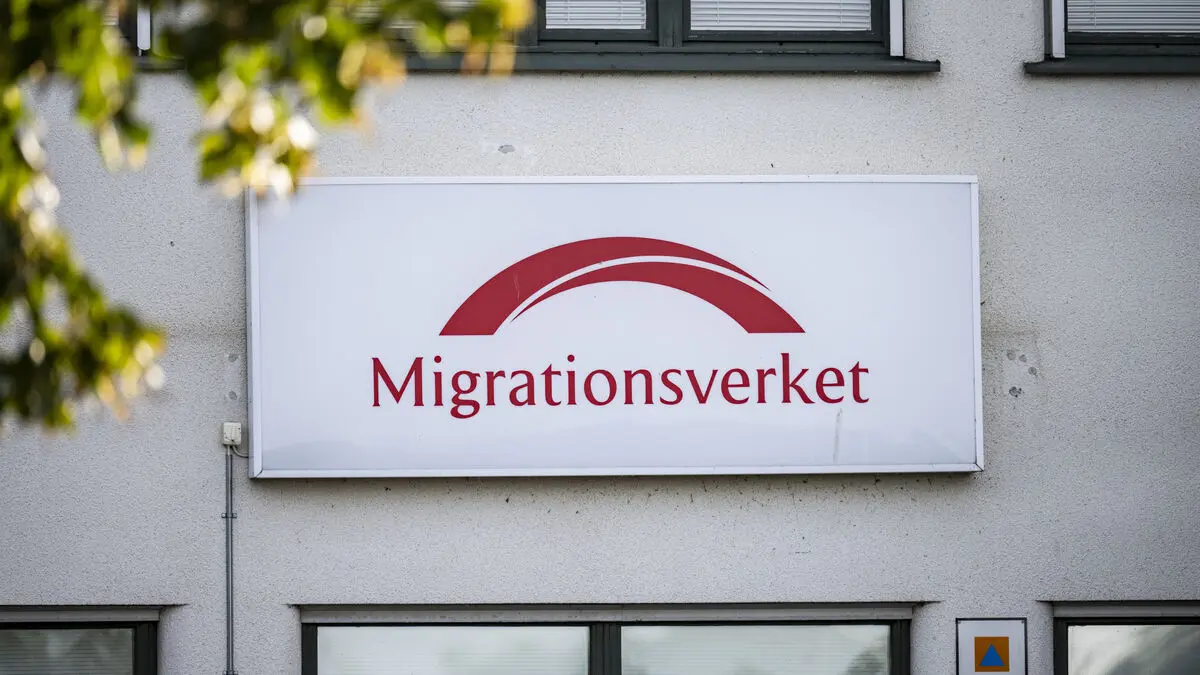The atmosphere is driven by the trade organization Hotrec, which represents hotels and restaurants in the EU. 30 national hotel associations, including the UK's, support the process.
Hotrec accuses Booking.com of having pressured hotels through illegal "best price" clauses to not offer lower prices on other platforms or their own websites, and of blocking "free-rider" bookings, where customers find hotels on Booking.com but book directly.
Unfair terms?
The lawsuit concerns the years 2004–2024, when the clauses were removed to comply with EU law Digital Markets Act. This follows a court decision in 2024 which established that the clauses contravene competition law.
Hotrec's chairman Alexandros Vassilikos says that European hotels "have long suffered from unfair terms and high costs" and demands redress.
Booking.com calls the accusations "incorrect and misleading" and claims that the clauses have promoted competition. A survey shows that 74 % of hotels believe that the cooperation has increased their profitability. But critical industry representatives argue that the company's methods have been exploitative.
Like a revolt
A study shows that Booking Holding, which is based in the Netherlands, controlled 71 percent of the European market in 2024, up from 68.4 percent in 2019. The legal negotiations are expected to be lengthy and difficult, but experts see it as "a revolt from the hotels" against the platform's dominance.






